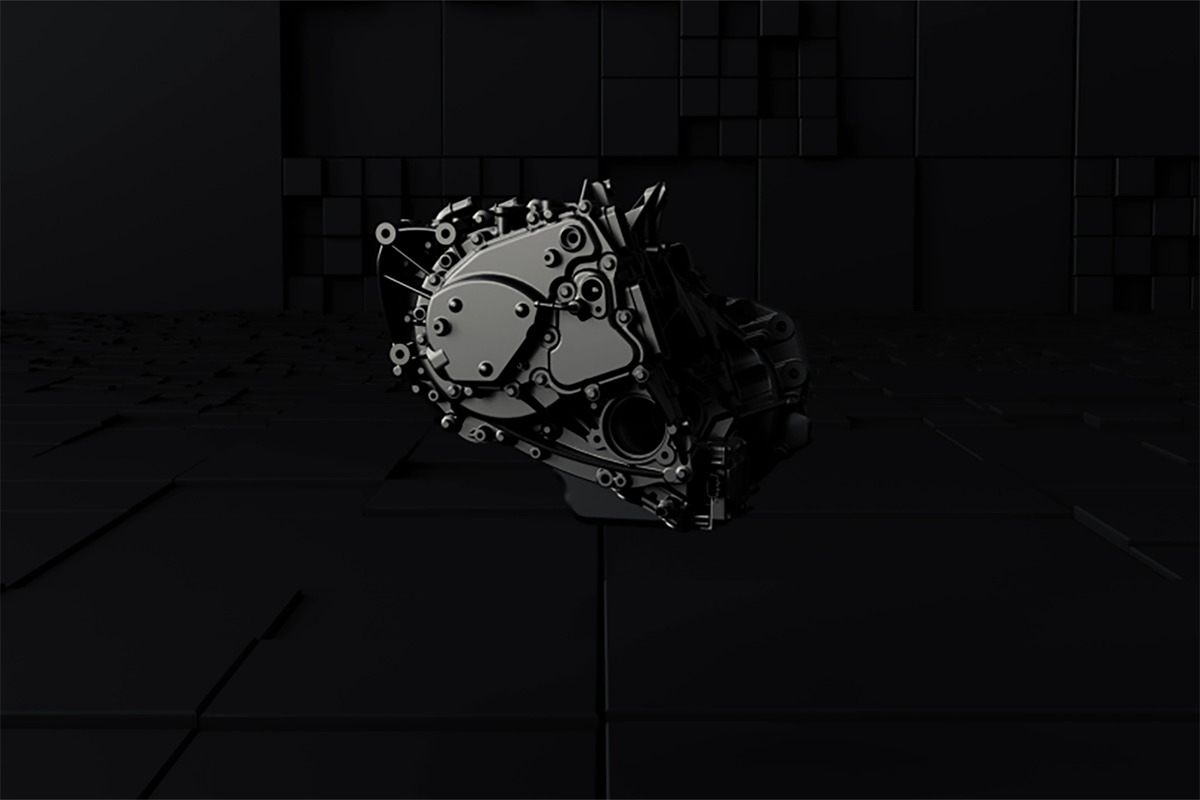
Renault presents 200 kW rare-earth-free electric motor

Renault’s new E7A motor is more compact, more powerful, and doesn’t use any rare earth materials /Renault
French carmaker Renault and equipment manufacturer Valeo have come together to create the next-generation electric motor. Nicknamed E7A, thi


Comments
Ready to join the conversation?
You must be an active subscriber to leave a comment.
Subscribe Today